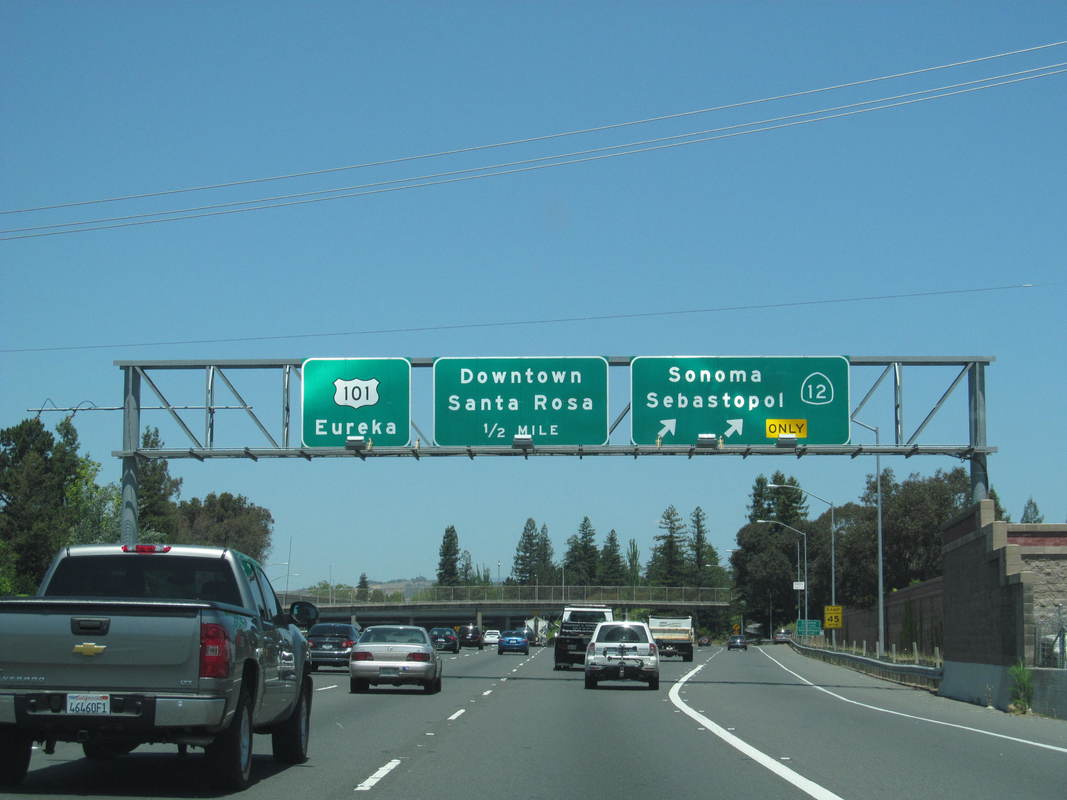Nearly everyone has been a relationship that, for whatever reason, didn’t work out. There are as many reasons to disagree with your significant other as there are relationships. But if you’re having issues in your relationship stemming from abuse, know that there are resources out there to help.
California has a very broad definition of “domestic violence,” which covers a wide array of relationships and a wider array of acts. Domestic Violence applies to relationships in which the parties are: (1) married or registered domestic partners, (2) divorced or separated, (3) dating or used to date, (4) living together or used to live together while engaged in a romantic relationship, or (5) the biological parents of a common child. An act of domestic violence can include: (1) either recklessly or intentionally hurting or trying to hurt a person, (2) making threats against a person which make them reasonably afraid they are about to be seriously hurt, (3) sexual assault, or (4) the type of behavior which could be described as harassing or stalking.
If you feel that you’re a victim of domestic violence and want to protect yourself, one of the best things you can do is to seek a Domestic Violence Restraining Order, a type of Protective Order, which will provide legal protection to you from your abuser. Devina often hears from victims that they don’t want to pursue getting a Protective Order against their significant other because they want to keep working on rebuilding the relationship or they need to have contact with the other person because they have children in common, and they fear that once a Protective Order has been issued, they won’t be able to have any contact with that other person. That couldn’t be further from the truth. The terms of any Protective Order can be modified to suit your needs. It’s not uncommon to see Protective Orders issued which allow the parties to see one another and to interact, but that require the parties to have only Peaceful Contact. That said, if you do want to keep the other person away from you, that can be accomplished as well. Protective Orders can prevent the restrained person from coming within a certain distance of you and can even force the restrained person to move out of your shared house. Because violation of a restraining order is a crime, the restrained person risks jail time and hefty fines due to non-compliance.
If you feel you would benefit from speaking with a domestic violence counselor, a list of Bay Area providers can be found here.
If, however, you feel that you would like to speak to an attorney about your options, feel free to contact Devina.
California has a very broad definition of “domestic violence,” which covers a wide array of relationships and a wider array of acts. Domestic Violence applies to relationships in which the parties are: (1) married or registered domestic partners, (2) divorced or separated, (3) dating or used to date, (4) living together or used to live together while engaged in a romantic relationship, or (5) the biological parents of a common child. An act of domestic violence can include: (1) either recklessly or intentionally hurting or trying to hurt a person, (2) making threats against a person which make them reasonably afraid they are about to be seriously hurt, (3) sexual assault, or (4) the type of behavior which could be described as harassing or stalking.
If you feel that you’re a victim of domestic violence and want to protect yourself, one of the best things you can do is to seek a Domestic Violence Restraining Order, a type of Protective Order, which will provide legal protection to you from your abuser. Devina often hears from victims that they don’t want to pursue getting a Protective Order against their significant other because they want to keep working on rebuilding the relationship or they need to have contact with the other person because they have children in common, and they fear that once a Protective Order has been issued, they won’t be able to have any contact with that other person. That couldn’t be further from the truth. The terms of any Protective Order can be modified to suit your needs. It’s not uncommon to see Protective Orders issued which allow the parties to see one another and to interact, but that require the parties to have only Peaceful Contact. That said, if you do want to keep the other person away from you, that can be accomplished as well. Protective Orders can prevent the restrained person from coming within a certain distance of you and can even force the restrained person to move out of your shared house. Because violation of a restraining order is a crime, the restrained person risks jail time and hefty fines due to non-compliance.
If you feel you would benefit from speaking with a domestic violence counselor, a list of Bay Area providers can be found here.
If, however, you feel that you would like to speak to an attorney about your options, feel free to contact Devina.
The Law Office of Devina Douglas
700 College Ave.
Santa Rosa, CA 95404
(P) 707.408.3529
(F) 707.948.6097
Devina@DevinaDouglasLaw.com
700 College Ave.
Santa Rosa, CA 95404
(P) 707.408.3529
(F) 707.948.6097
Devina@DevinaDouglasLaw.com





